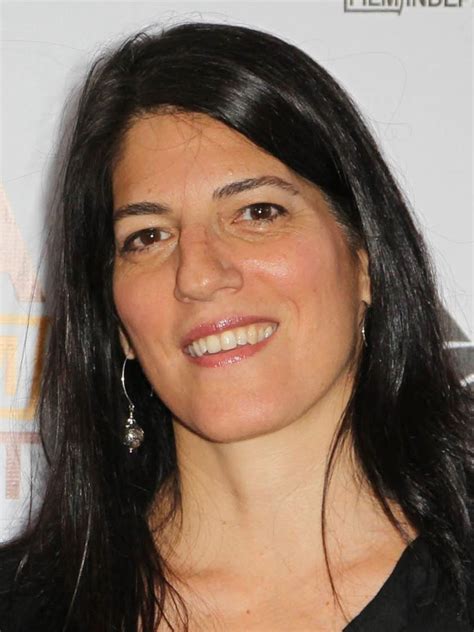A Quote by Ralph Nader
We have the most prolonged adolescence in the history of mankind. There is no other society that requires so many years to pass before people are grown up ... Adolescence is nurtured and prolonged by educational processes and by industry that has found a bonanza in embracing the adolescent population and fortifying 'adolescent values.' This prolongation of adolescence robs the country of the population group having the most risk takers, and the highest ideals.
Related Quotes
Adolescence is a relatively recent thing in human history -- a period of years between the constraints of childhood and the responsibilities of adulthood. This irresponsible period of adolescence is artificially extended by long years of education, much of it wasted on frivolities. Tenure extends adolescence even further for teachers and professors.
The purpose of adolescence is to revise the past, not to obliterate it. . . . Adolescence entails the deployment of family passions to the passions and ideals that bind individuals to new family units, to their communities, to the species, to nature, to the cosmos. Therefore, given half a chance, the revolution at issue in adolescence becomes a revolution of transformation, not of annihilation.
There's only one thing harder than living in a home with an adolescent - and that's being an adolescent. The moodiness, the volatility, the wholesale lack of impulse control, all would be close to clinical conditions if they occurred at another point in life. In adolescence, they're just part of the behavioral portfolio.
The first typical adolescent of modern times was Wagner's Siegfried. : the music of Siegfried expressed for the first time that combination of (provisional) purity, physical strength, naturism, spontaneity and joie de vivre which was to make the adolescent the hero of our twentieth century, the century of adolescence.
It is not however, adulthood itself, but parenthood that forms the glass shroud of memory. For there is an interesting quirk in the memory of women. At 30, women see their adolescence quite clearly. At 30 a woman's adolescence remains a facet fitting into her current self.... At 40, however, memories of adolescence are blurred. Women of this age look much more to their earlier childhood for memories of themselves and of their mothers. This links up to her typical parenting phase.




































